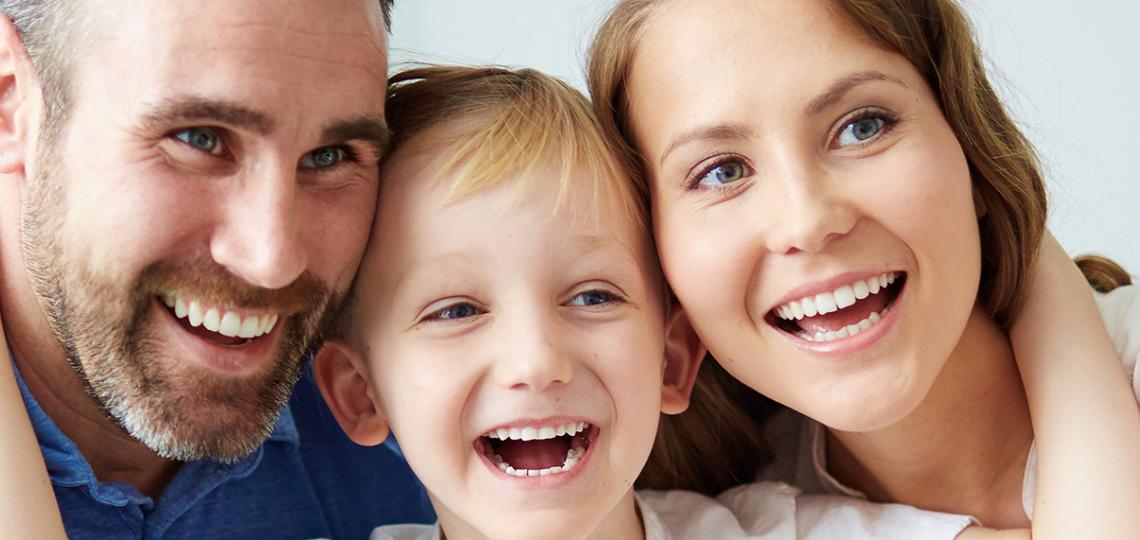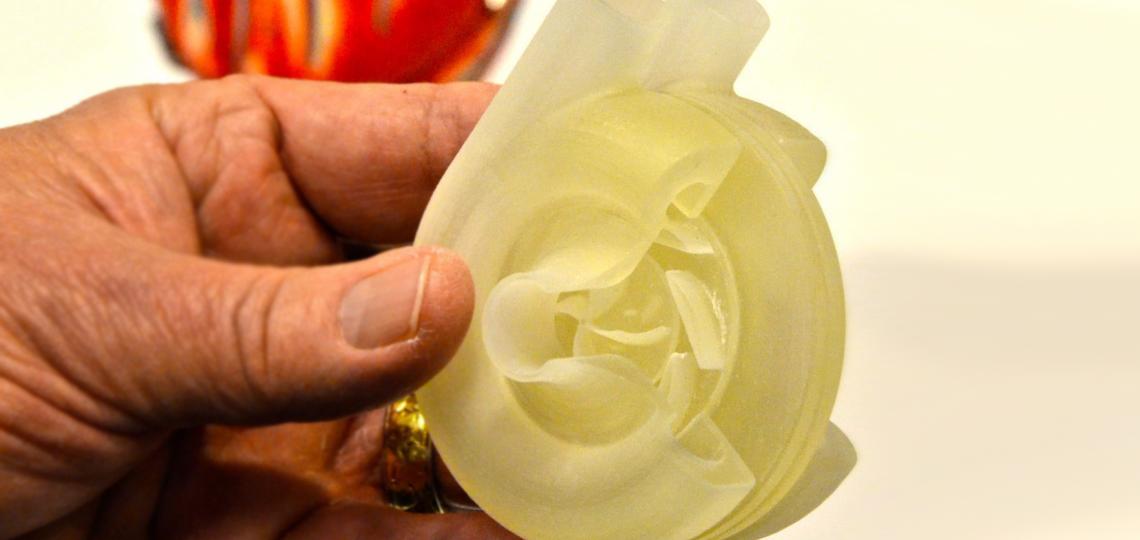More Than 50 Years of Transplant Research
Over the last five decades, Baylor surgeons have been leading research in organ transplantation to provide patients with life-saving treatment options based on advancing science and technology.
While the number of organs available for transplant has remained unchanged, the number of individuals on waiting lists for organs continues to grow. Despite this shortage, a large percentage of donated organs are discarded every year.
In a never-ending drive to improve outcomes for those who wait as well as those who receive life-saving organs, scientists and clinicians at Baylor College of Medicine are applying recent leaps in the fields of cell biology and immunology, biotechnology, and artificial intelligence to address these long-standing problems.
Increasing the Organ Supply Through Innovation
Expanding the Heart Donor Pool
The increasing acceptance of organs that would have previously been discarded has been made possible through an improved ability to minimize stress to organs as they go through the transplantation process.
An example of these extended criteria organs includes those donated after cardiac death (DCD). The biotech company TransMedics has developed an ex-vivo organ perfusion system that supports the donated hearts, maintaining them in a natural way that imitates the human body as it is transported to recipients. This Organ Care System (OCS™), currently under FDA review, is a novel technology that keeps donor hearts beating and lungs breathing prior to transplantation. Our department of surgery is one of the few centers to lead with this technology for both heart and lung transplantation.
Dr. Kenneth Liao, chief of the Division of Cardiovascular Transplantation and Circulatory Support, participated in the breakthrough Expand Heart Trial, which demonstrated that using the TransMedics OCS for donor heart resuscitation could increase successful transplantation using marginal donor hearts, hearts that would otherwise have been discarded. Using the knowledge he learned from the Expand Heart Trial, Dr. Liao and his team are investigating how the OCS can be used to resuscitate and identify DCD hearts for safe transplantation and best outcomes. He is the recipient of 3.6 million dollar grant from Brockman Foundation for his study titled, “Increasing Heart Transplantation by Using Hearts from Donors after Circulatory Death.”
Expanding the Lung Donor Pool
The rate of donor lung use is the lowest among solid organs; although the reasons for donor lung discard are complex, one factor that impacts this practice is the degree of organ deterioration that occurs during cold ischemic storage.
To improve the potential use of these organs, our division is paving the way in several breakthrough trials related to ex vivo lung perfusion (EVLP). Dr. Gabriel Loor and his colleagues completed the EXPAND trials investigating the use of the portable Transmedic OCS™.
In this study 93 pairs of lungs were perfused, ventilated, and assessed while being maintained in this normothermic portable EVLP device, resulting in an 87% transplantation rate with excellent clinical outcomes. These findings were published in The Lancet Respiratory Medicine.
In addition, the Thoracic Organ Perfusion (TOP) registry is the largest post-market approval registry for portable EVLP, for which Dr. Loor has been able to provide lead enrollment through his large pool of patients. Dr. Loor has been asked to direct another related clinical trial investigating the ideal blood-based perfusate for the portable EVLP.
With this solid foundation in EVLP research, Dr. Loor and his team now aim to further extend the exciting potential of this important organ-conserving technology by identifying critical cellular components to circulate through donor lungs that will make them less susceptible to inflammation, fibrosis, injury, and graft failure.
Using the knowledge, he learned from the Expand Heart Trial, Dr. Liao and his team of scientists are investigating how the OCS can be used to resuscitate and identify DCD hearts for safe transplantation and best outcomes. He is the recipient of a $3.6 million dollar grant from Brockman Foundation for his study “Increasing Heart Transplantation by Using Hearts from Donors after Circulatory Death.”
Improving Donor-Recipient Matching
Uterine Transplant Research
Through the Texas Children’s Hospital and Baylor College of Medicine Uterus Transplant Research Program, our investigators are studying uterus transplantation as a treatment option for women with AUFI to help them achieve healthy pregnancies. Our goal is to offer our patients innovative, groundbreaking care consistent with the breadth of our expertise.
Texas Children’s leads the fields of transplant surgery, reproductive endocrinology and infertility, and high-risk pregnancy through innovation, multidisciplinary collaboration and excellence in patient care, education and research.
If you are interested in becoming a uterus transplant donor or recipient, call (832) 822-1567.
Precision Matching through Laboratory Expertise
The Immune Evaluation Laboratory, directed by Dr. Peter Jindra, is a reference lab for solid organ transplants (kidney, heart, pancreas, liver and lung) performed for the hospitals affiliated with Baylor College of Medicine.
This laboratory conducts studies on cellular and antibody immune responsiveness in relation to graft rejection to support solid organ transplantation clients using state-of-the-art flow cytometry, sequencing and luminex equipment, with automation to increase scalability while maintaining precision. This data is entered into the national United Network for Organ Sharing (UNOS) database, which identifies potential matches within a defined geographic region.
Precision Matching through Artificial Intelligence
Our liver transplant program, directed by Dr. John A. Goss, a professor and chief of the Division of Abdominal Transplantation, is the largest in Houston’s Texas Medical Center and one of the busiest in the nation. Serving both adult and pediatric populations, faculty within the department are driving better outcomes through research to understand the diseases and risk factors causing organ failure.
The division is made up of a team that spans multiple disciplines to address the complex problems of organ donation and transplantation: surgeons, hepatologists, nephrologists, critical care doctors, and scientists delving into the intricacies of immunogenetics.
On average, about 20 people die every day in the United States from the lack of available organs for liver transplant. While the number of candidates waiting for organs grows, a great many organs are being discarded for various reasons. Decisions for organ use and allocation are often based on longstanding protocols and simple risk scores such as the Model for End-Stage Liver Disease (MELD).
Dr. Abbas Rana, assistant professor of surgery in the Division of Abdominal Transplantation, has been actively investigating better ways to index risk – both risks to organ recipients and, perhaps even more importantly, the risk of organ discard, which represents an irretrievable lost opportunity to save a life. With improved evidence-based models to assess risks and predict outcomes, organs that would have been discarded are increasingly being used successfully to save lives.
Recently, Dr. Rana and other researchers within the division have teamed up with InformAI to investigate the potential use of Artificial Intelligence (AI) technologies to enhance liver transplant outcomes. Traditionally, clinicians have considered a handful of variables that may impact success or failure for transplant procedures, such as age and organ size. Machine learning, however, can simultaneously analyze dozens of variables, identifying complicated, non-linear patterns of successful organ donor-recipient matches for improved allocations and outcomes.
Providing Bridges to Transplantation and Destination Therapy
Surgeons at Baylor, working in concert with the Texas Heart Institute, have one of the highest volumes and most prestigious mechanical circulatory support programs in the world. When a heart is severely weakened and unable to provide adequate blood flow, an implantable mechanical pump known as a ventricular assist device (VAD) can provide life-extending support. VADS are often used to bridge the wait time until a donor heart is available; however, as devices have become smaller, lighter, more durable, and technologically more sophisticated, their use as a long-term destination therapy has become a reality.
The expertise of visionary surgeons Drs. O. Howard Frazier and George P. Noon led to the development of continuous flow left ventricular assist devices (LVADs), the most common in worldwide clinical use today.
Dr. Frazier is credited with developing the first FDA-approved implantable LVAD, the HeartMate, and the first FDA-approved continuous flow pump, the HeartMate II, as well as many other groundbreaking lifesaving devices. Over the years, the department has been involved in the development, testing and clinical trials through each successive generation of VAD technology and design.
Most recently Baylor faculty member Dr. Alexis Shafii and his colleagues have been involved in the multicenter clinical trial of the EvaHeart LVAD with improved technology to provide pulsatility, which has been shown to be an important element of systemic physiology and end-organ function. The new design of the EvaHeart®2 design has made surgical implantation easier while further minimizing the risk of ischemic stroke. Baylor / Texas Heart Institute is one of only 10 centers chosen to participate in this trial.
Providing Hope for Our Youngest Patients
VAD technology is also now available for pediatric patients. Dr. Iki Adachi, assistant professor in the Division of Congenital Heart Surgery and co-director of Mechanical Circulatory Support at Texas Children’s, has some of the most extensive experience in implanting VAD in the pediatric patients in the United States. He is currently the lead investigator for the Pump for Kids, Infants, and Neonates (PumpKIN) study, funded by the National Heart, Lung, and Blood Institute, evaluating the Jarvik Infant 2015 that he helped develop. This device is the size of an AA battery and contains a control system that can change the rate of blood flow as a child grows.
Dr. Adachi also has an interest in pediatric lung transplantation. For better preservation of donor lungs, he seeks to develop a pediatric-specific lung preservation device for deployment in the lung transplant program at Texas Children's.








 Credit
Credit
